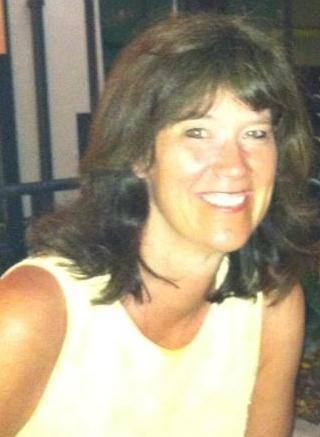During a recent visit to Los Angeles, I asked my son to help me with a decision I was contemplating. He said, “Whoa I am so not that guy. Think of me as a cute puppy who is here to distract you and show you a good time.” I was astounded. I wondered how my life would be different if at the age of 23 I had had a similar sense of self? What if I had learned how to set boundaries and articulate what I was willing, and not willing to do as my son did?
On the west side of town lives the house of denial. You know the place. The place where we pretend everything is okay even when it isn’t — the place where no matter what happens we sweep it under the rug. Feelings are not allowed. Love and validation is withheld, rationed as if they are sugar that we are only allowed to have once a month. Denial, defensiveness, minimizing and avoidance make up the framework of this house. Members are taught to blame the victim no matter what. Pretending is so ingrained it can take a lifetime to wake up parts of us that we have buried in the basement. In the house of denial, we are so busy denying our mistakes that, it is impossible to learn from them. No answers, no coping skills (other than denial) – not even a clue- as how to solve problems make up the electrical wiring of this House.
The house of denial promotes immaturity and playing small. Becoming an independent adult is not encouraged. Playing the blame game, throwing jags, slinging digs, and spinning wheels happens daily. The sewer pipes in this house reek of decay, dependency and passivity. Anger simmers below the surface, deflating creativity and intelligence. Expectations of who we
should be force us to abandon our true selves, which is the most damaging trauma we can experience since it involves self-betrayal. Growing up in the house of denial stifles our voice and our inner wisdom.
A few blocks away lives the house of Awareness. Passivity and aggressiveness are not welcome. There is no burying your head in the sand or telling someone to stick it where the sun doesn’t shine. Space is created where everyone feels safe to question, discuss and debate. Communication skills are taught, encouraging feelings to be identified and expressed from a direct, clear, concise way. Conflict
is not avoided but embraced as an opportunity to practice resolving issues. Speaking from a place of confidence and self-assuredness is applauded.
Imagine if more people had grown up in the house of Awareness? Imagine if our leaders knew that flailing out blame is as effective as spitting in the wind. Imagine if our leaders dared to admit their mistakes and reflected on what they were supposed to learn from them? Imagine if religious leaders did not turn a blind eye
to sexual abuse? Imagine if the energy we put into denial could be set free?
Effective communication happens when we pull our energy inward, identify our feelings, and find the proper language to express them. When we communicate from this place, people feel our power, and we can effectively make a change. Good relationships grow from good communication. If we want to help our planet, we need to stand up and communicate from a place of integrity. It starts with us.


